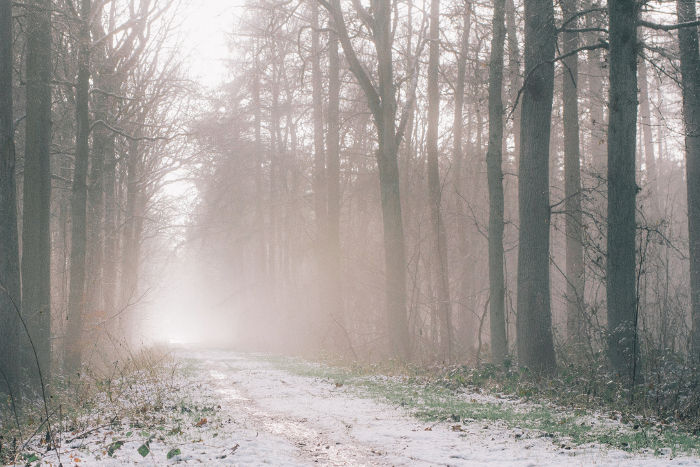A kind friend (and lovely soul) sent me a poem this week on how illness and suffering can help us remember our best self – our compassionate, patient and accepting self. Illness is never a welcome guest. It throws our daily lives into chaos and forces us to strip away the fluff. But we have so much time and energy invested in the fluff that its removal adds yet another layer of anguish to our days. All the things we should be doing . . . What will I miss? What will I lose?
Illness offers us a time to re-evaluate our lives and to grapple with some of the deeper human issues we skate over in our daily life. How each person grapples with the questions and searches for answers is as unique . . . as each person. There are those, like author Toni Bernhard, who see a path to spiritual grace inherent in illness. They see the chance to transcend illness and find meaning and connection and to appreciate the moments of grace and healing.
Others find that perspective a crock. The idea that illness has special powers to teach and transform is an offensive and distressing burden to place on someone who is already at the edge of coping. As Jessie Gruman, a physician who writes about her experience with cancer, says: “If I do not find spiritual or philosophical benefit, I fall short: Either I haven’t tried hard enough or I’m not smart enough to do so.”
Most of us, luckily, are able to stay far, far away from this inquiry. But for those who want to wade in, Havi Carel wrote a very readable, and short, philosophical treatment of the experience of illness. She argues that medicine (and, indeed, everyone) needs to take into account what it is like, moment to moment, day to day, for a patient to live their life within illness. She writes about the social life of illness and finding health within illness. Her account is personal, as she struggles with a life-threatening disease, and graceful.
Prayer for Healing after Pain
O God our undying hope, we thank you for the warmth which steals back
into our hearts after a while; for the healing which comes to wounded
bodies and spirits through time;
for the blessed fact that the flood of pain does not last forever, and for the
incredible bliss when the tide begins to ebb;
for the cheerfulness which breaks into our dark dungeon and strikes off our
fetters when least expected, we know not how;
for the strange sadness which haunts our brightest hours because our hearts
are made for a joy deeper than happiness;
for the insurgent courage which lifts its head above past mistakes and woes,
and affirms its right to try again;
for the way in which old quarrels often become forgetful, and afford us the
opportunity of being calm and compassionate;
for the golden thread of valor and good will never quite lost in the tragic
wanderings of peoples and nations;
for the labors of those who have sown that others may reap;
for the dear kindness of those who see us as we once were.
We thank you, God of our little faith, our greater hope, and above all our
faltering love, which can never fail because it is more yours than ours,
Vivian Pomeroy (1883-1961) from New Prayers in Old Places
Image: Death to Stock
If you enjoyed this post, please share it with your friends!

